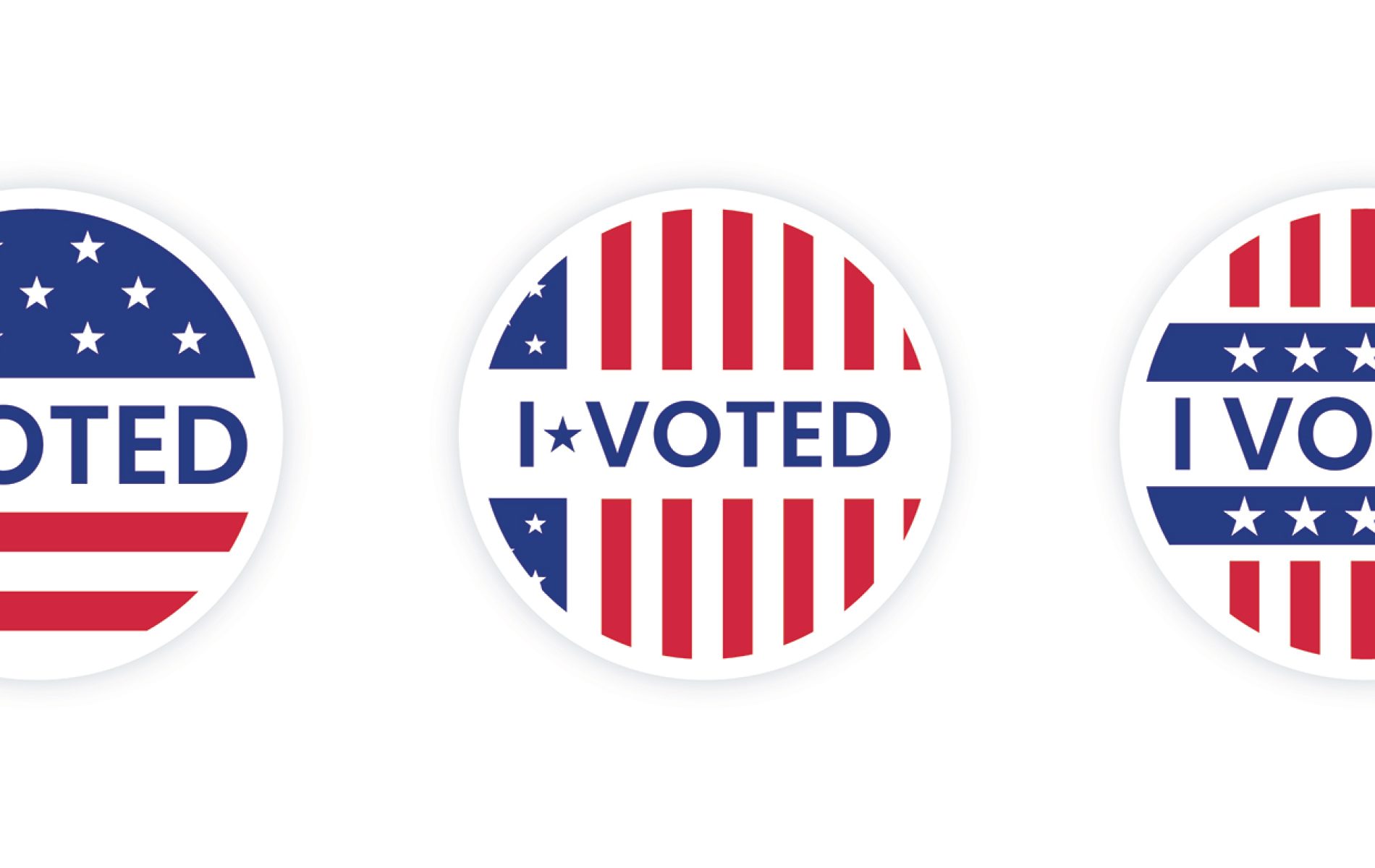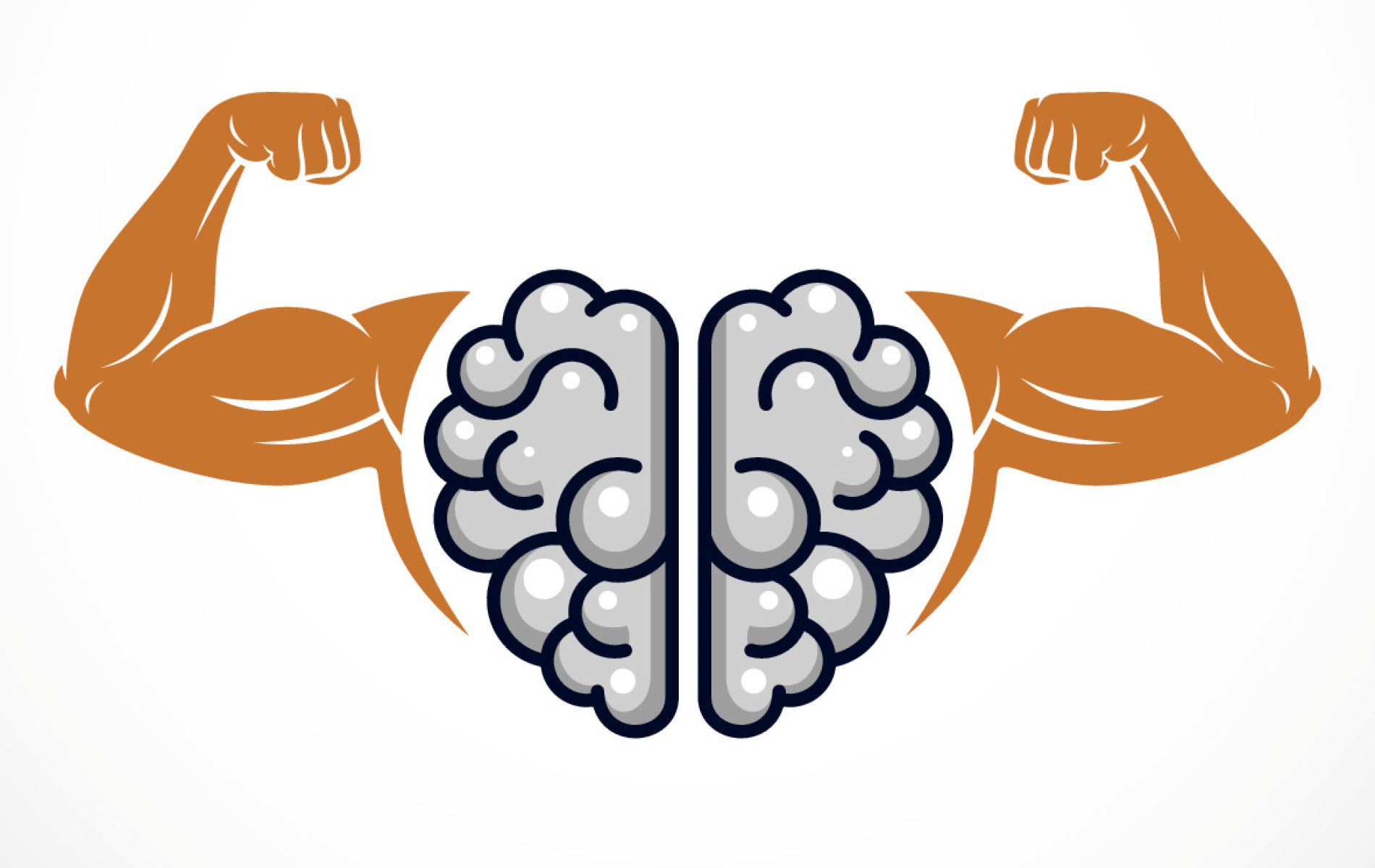Post-concussion syndrome is a serious problem. This common condition entail symptoms that persist beyond three months after a concussion or mild traumatic brain injury (TBI).
A mild TBI is a blow to the brain that results in injury that does not puncture the skull. It is also commonly associated with a loss of consciousness for less than 20 minutes. Despite this, some people who experience a mild TBI may only lose consciousness for a few seconds or just feel dazed and confused and experience very short-term memory loss.
Concussions can occur due to many different scenarios, including:
- Automobile accidents
- Falls
- Assault
- Blows to the head during impact sports, such as football and boxing
After a mild TBI, sufferers experience headaches and often nausea, fatigue, confusion or disorientation for hours to days after the event.
Concussion or mild TBI symptoms typically resolve within two weeks, with some cases lasting as much as three months.
When Concussion Symptoms Do Not Resolve: Enter Post-Concussion Syndrome
If a person continues to have concussion-like symptoms that persist longer than three months, he or she may be diagnosed with post-concussion syndrome.
But not everybody realizes that post-concussion syndrome is a well-recognized medical condition. Some people have reported thinking they are just going crazy, knowing that enough time has passed for them to heal from their head injury and not understanding why they feel so terrible. They forget that their persistent headache, nausea, memory loss, and/or irritability is due to the concussion they had many months earlier. This might explain why some people with the condition do not connect the symptoms of their PCS with their previous concussion or mild TBI.

Who is at Risk for Developing Post-Concussion Syndrome?
Although some sources suggest men between ages 17 and 25 years of age and young athletes are more likely to develop post-concussion syndrome, other research points to clues that women and older adults are at greater risk. Medical risk factors can play a part in the risk of the development of the condition. Those who have a history of migraine headaches or a history of anxiety, mood, learning or seizure disorders are also at greater risk of injury and PCS. But overall, the bottom line is that anybody can develop the condition.

Sometimes elderly people who fall and hit their head later develop memory loss and confusion. Their families or doctors may forget about their concussion and label their cognitive decline as early signs of Alzheimer’s disease.
Furthermore, some people who deal with post-concussion syndrome experience the symptom worse than others. People who have had head trauma before might experience a worsening of symptoms. Additionally, those who have early headache symptoms after a head injury, or those who experience fatigue, fogginess or amnesia after a concussion, might experience stronger post-concussion symptoms.
Symptoms Associated with PCS
People with Post-Concussion Syndrome can experience fluctuations in the severity of their symptoms. For example, they may exhibit symptoms of their post-concussion if they are pushed physically, mentally, or cognitively (as when they have a deadline at work, if they travel, or if they work too much). This can cause them to withdrawal from regular activities, including work, exercise and relationships.

Symptoms experienced by people with PCS can be non-specific and vague. Some of the most common symptoms experienced by patients with PCS include:
- Headache
- Vertigo
- Dizziness
- Fatigue
- Difficulty concentrating
- Slower information processing
- Memory problems
- Sleeping troubles
- Apathy
- Restlessness
- Insomnia
- Irritability
- Anxiety
- Depression
- Light and/or noise sensitivity
- Changes in personality
Treatment for Post-Concussion Syndrome
Rest and stress reduction are excellent places to start when it comes to treating post-concussion syndrome. Exercising 45-60 minutes a day and sleeping eight hours a night are particularly important for helping these patients recover from their symptoms. Medications for specific symptoms can also be helpful.
For example, if a person has a headache, migraine or pain medications may be subscribed. Antidepressants and psychotherapy can also reduce the psychological symptoms of PCS.

It is also critically important that patients receive a multi-disciplinary set of interventions by team of experts under one roof. Programs like the Concussion Recovery Program at NeuroGrow Brain Fitness Center have been proven to help individuals suffering from the condition to experience recovery, including a complete relief of symptoms and the ability to achieve peak brain performance. Almost 90% of our patients report remarkable improvements in their symptoms; most of them return to their regular lives and activities.
For more information about how to treat concussions or post-concussion syndrome, please visit us at NeuroGrow.com.
This article was written by Mrs. Courtney Cosby and Edited by Dr. Majid Fotuhi.



